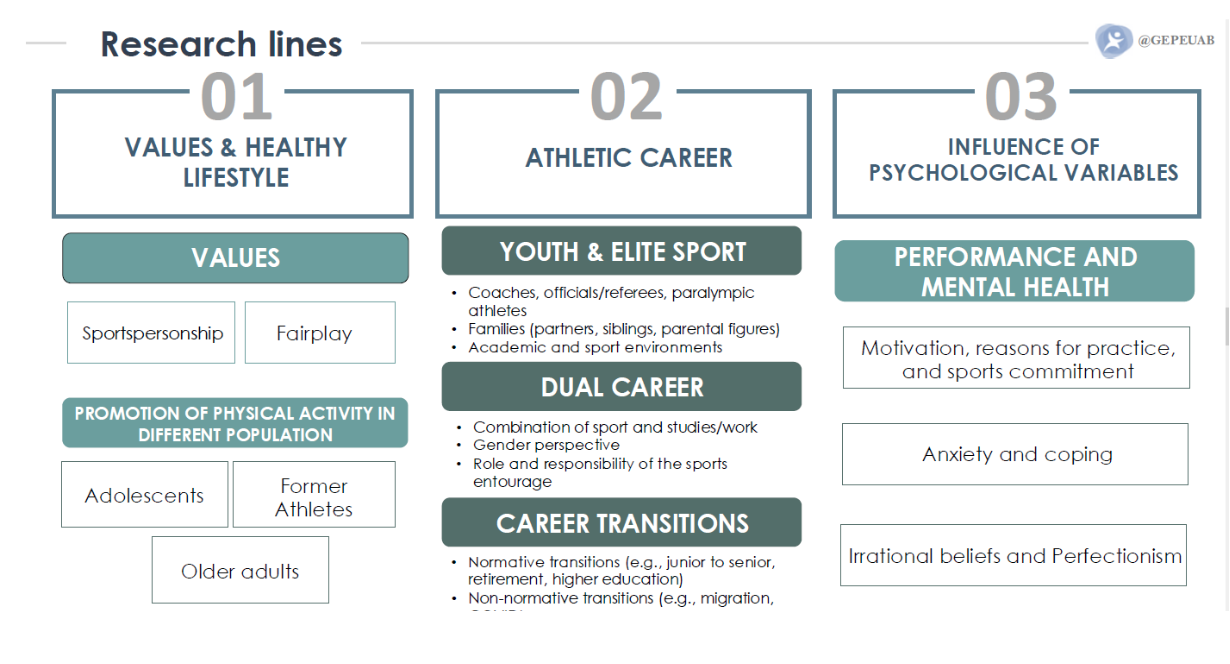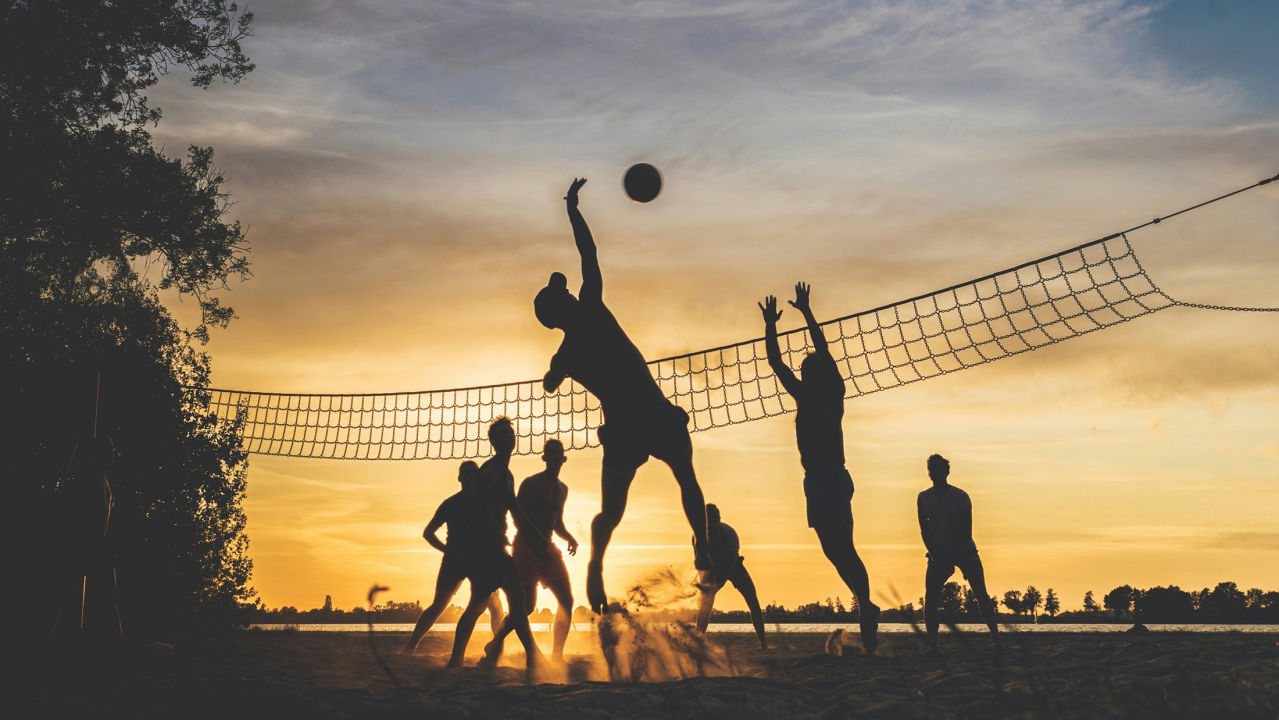Topics such as protecting mental health, managing competitive pressure, and ensuring sustainable athletic careers are becoming more prominent in both national and international sport psychology discourse (IOC, 2019; IOC, 2021; MOB, 2024a; MOB, 2024b).
This article aims to present an internationally applied interdisciplinary approach through Spanish example, to enhance the effectiveness of the Hungarian sport psychology profession and promote international collaboration within the scientific community.
Research conducted at the Universitat Autònoma de Barcelona (UAB) highlights the key theoretical and practical priorities in sport psychology: optimizing performance and supporting mental well-being. While integrating theory and practice may seem natural, a growing gap between research and application can be observed, mainly due to their differing focuses. Academic research tends to concentrate on gaining a deeper understanding of psychological phenomena and developing new theoretical models using systematic methods in controlled environments. In contrast, applied practice seeks immediate, practical solutions to support athletes’ performance and mental health.
Bridging this gap requires the effective integration of research findings into real-world settings, ensuring that scientific knowledge translates into meaningful support for athletes in their day-to-day challenges.
An interdisciplinary perspective in sport psychology research
Research at the Institut de Recerca de l’Esport at UAB reflects the interdisciplinary nature of sports science. Just as professional teams supporting elite athletes consist of specialists from different fields (e.g., sports physicians, dietitians, massage therapists, sport psychologists), research should also be guided by principles that encourage collaboration across disciplines.
Sport psychology, therefore, goes beyond focusing solely on the individual athlete and aims to respond to challenges affecting the entire system, considering broader social and cultural contexts.
For this reason, the institute places a strong emphasis on designing research areas that promote integration between disciplines.
Examples of key research areas include:
Physical activity, diet and healthy lifestyle
Communication and sport
Economics and management of sport and sports organizations
Sport values education
Natural environment, sustainability and sport
The institute’s director, Emilio Fernández Peña, highlights the significance of Olympic ideals and symbols, along with their psychological aspects, which have a profound influence on the development of athlete identity and motivation. This perspective underlines that neither scientific research nor professional practice can be separated from human and cultural dimensions. Ultimately, the focus is not just on data or measurement tools, but on shaping individuals and communities.
Applied research in sport psychology
The Grup d’Estudis de Psicologia de l’Esport (GEPE) conducts various studies involving topics such as dual careers, career transitions, and the relationship between athletic performance and mental health, with the collaboration of expert practitioners.

GEPE places particular importance on integrating research, education, and consultancy. Their action research projects are carried out in close cooperation with sports organizations, following a cyclical model.
The process typically begins with reacting demands expressed by the organization and collecting relevant literature. This is followed by a needs assessment, where specific challenges are explored in detail. The third step involves intervention, linking scientific evidence with the identified needs to develop the most effective solution. The fourth step, evaluation, focuses on measuring the impact of the intervention. Finally, the follow-up phase assesses the long-term sustainability of any positive changes.

GEPE’s approach to mental health is holistic, prevention-oriented, and human-centered. According to their published studies (Pons et al., 2020; Conde et al., 2021; Jordana et al., 2023), the focus is not only on treating mental health problems but also on early detection and prevention—particularly during critical periods such as the transition from youth to adult sports, or in times of external crisis (e.g., the pandemic). Mental health is not viewed as separate from performance, but rather as an integral part of it. Well-being is understood not merely as the absence of symptoms, but as the presence of athletic identity, emotional balance, and healthy interpersonal relationships.
Adapting international research practices locally
The institutional practices of UAB and GEPE offer valuable guidance for the Hungarian sport psychology profession, providing adaptable models and principles. Their integrated approach to research, education, and consultancy—combined with a strong interdisciplinary mindset—can support Hungarian professionals in bridging the gap between scientific work and applied practice.
The cyclical action research model—where each phase from needs assessment to intervention and follow-up is based on collaboration—demonstrates that sport psychology research is most effective when rooted in ongoing dialogue with sports organizations and when it addresses athletes’ real-world needs.
This approach creates opportunities to bring academic knowledge to life, foster professional reflection, and build a support system that can sustainably contribute to athletes’ mental well-being and long-term performance.









